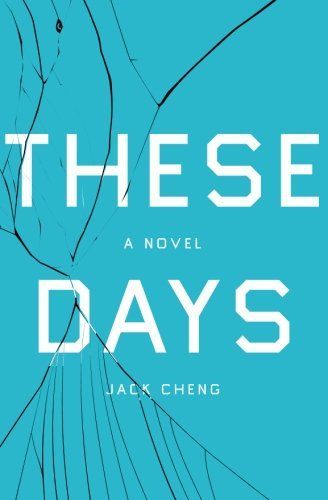
These Days
Connor Vast designs fake computer interfaces. Not the ones you see in sci-fi movies or primetime crime dramas, though he's worked on a couple of those in the past. The interfaces he designs tend to be static: they are the screens for prop computers in furniture showrooms. Young creative professional, child of the internet, refugee of the suburban Midwest, Connor goes about his life and work in New York City with a stream of status updates flowing constantly in the background. He meets K, a gamine twenty-four-year-old who doesn't own a cellphone. As he gets to know her, Connor realizes he's strayed from his younger ambitions of designing real interfaces, working on real technology. He soon falls in with a group of entrepreneurs out to invent the future, but it's the same future K is so adamantly against. These Days is a foray into the world of startups and an examination of the human side of technology, of both the makers and the end users, who are often one and the same. It's about finding happiness and fulfillment in the digital age; a meditation on time, memory, and things gained and lost in an accelerating world.
Reviews
Ellen Chisa@ellenchisa
Barry Hess@bjhess
Nikolay Bachiyski@nb
Ken Gagne@kgagne
Taylor Murphy@tayloramurphy
ian alas@ian
Anna Ureta@akiikomori
Scott Mallinson@scottmallinson
Rik Chilvers@rik
Fraser Simons@frasersimons
Josh Clement@joshclement
Dave Lehman@dlehman
Jeremy Cote@cote
Chris Ogden@ctogden
Jeff Jewiss@jeff